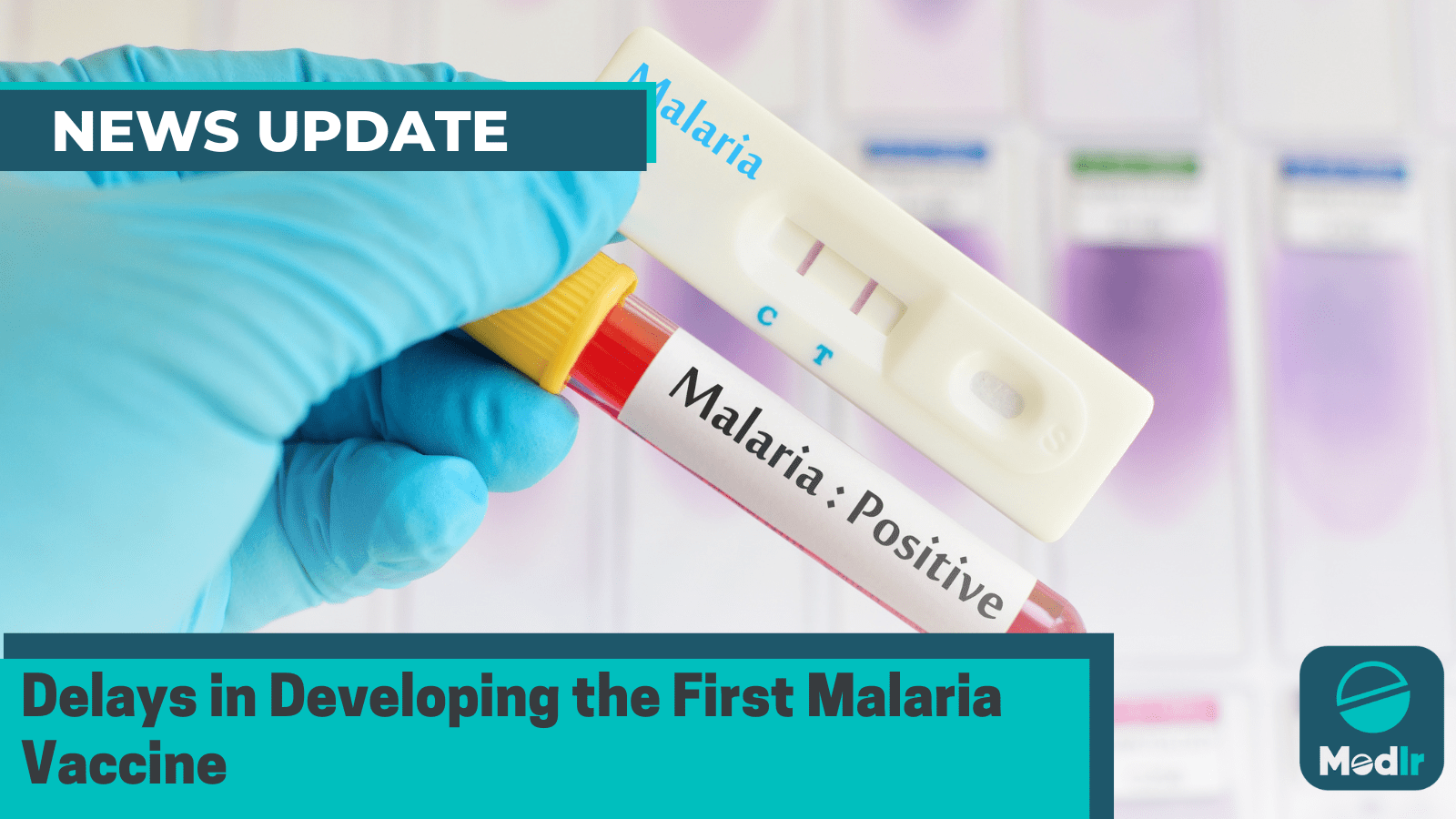Delays in Developing the First Malaria Vaccine
Written by Jaskiran Walia, Arushi Sharma
The development of the first malaria vaccine has been marked by significant delays, stemming from complex scientific, logistical, and epidemiological challenges.

Malaria, a deadly African disease caused by mosquitoes, causes 500,000 child deaths annually. Despite attempts to treat it with nets and drugs, scientists have been working on a vaccine for years.
WHO, UNICEF, and Gavi announced that 12 African countries will receive 18 million doses of GSK's Mosquirix malaria vaccine, starting in late 2023. Africa has 95% of malaria cases and deaths, and by 2026, they may need 40-60 million doses.
Why hasn't a malaria vaccine been developed sooner?
Mosquirix development began in the 1980s. Making a malaria vaccine was difficult.
Vaccines train immune system to detect Plasmodium parasites, but Mosquirix focuses on early phase, bypassing evasion methods in Malaria's Plasmodium parasite.
From 2019-2021, tests on 800,000 kids in Ghana, Kenya, and Malawi showed 30% fewer severe malaria cases and 10% fewer deaths, despite limited vaccine supply.
Mosquirix, a new malaria vaccine, is promising but not as effective as COVID-19 vaccines. R21/Matrix-M, a better vaccine, could work well, but more testing is needed. Oxford's Adrian Hill predicts reducing malaria deaths to under 50,000 by 2030. German company BioNtech is working on a new vaccine, potentially making malaria less dangerous or eliminating it entirely.